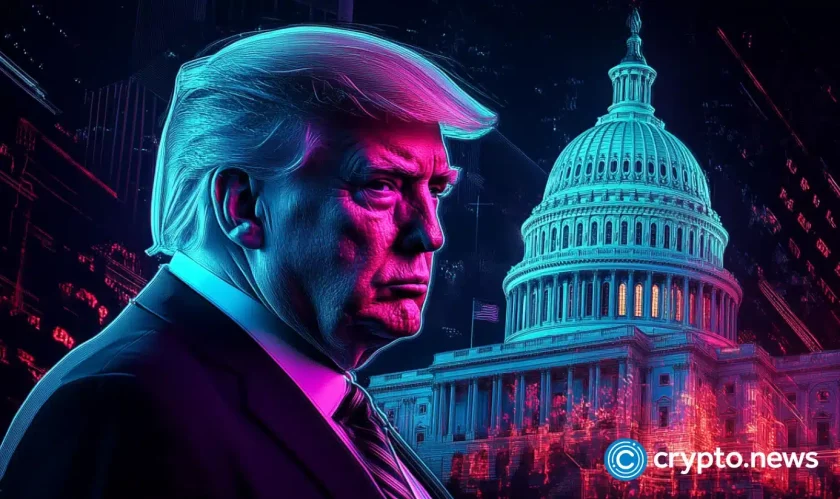Binance CEO Changpeng Zhao (CZ) took to Twitter on Oct. 25, saying that he had “got word” that WeChat Pay puts receipts on the blockchain, along with a screengrab of a receipt with a link to a block explorer.
Why does CZ care so much?
Globally, companies in almost every industry are implementing blockchain solutions, so why should CZ feel the need to comment on this one?
Perhaps it has something to do with a story from earlier this month, in which CZ announced the launch of payment on-ramps for Binance in China, utilizing WeChat Pay and Alipay payment services.
Alipay was quick to refute the claims, saying that any payments related to cryptocurrency were banned from its service.
WeChat also confirmed its anti-crypto stance, and there is no suggestion that WeChat Pay is anything other than a centralized payment system, utilizing blockchain presumably for invoicing.
As Cointelegraph reported in March, China’s first blockchain-based electronic invoice for a subway ride was issued at the Futian Station in the Shenzhen Metro. This technology was jointly developed by the Shenzhen Municipal Taxation Bureau and WeChat’s parent company and Chinese tech giant Tencent.
Hypocritical or hyper-critical?
It could be that CZ is calling out WeChat for hypocrisy over its proclaimed anti-crypto position while implementing blockchain technology. Or perhaps he is heralding WeChat for its use of blockchain technology, despite its official stance on cryptocurrencies.
Little further information is given, although some commenters have speculated that any blockchain hook-up that WeChat has could be powered by VeChain. According to reports, there have been previous experiments in blockchain technology between VeChain and Tencent.
Meanwhile, Tencent recently admitted that Facebook’s proposed Libra stablecoin would pose a serious threat to WeChat Pay if it launched in China.
As reported today, China’s President Xi Jinping called for accelerated adoption of blockchain technology in the country calling it a “breakthrough” for private innovation.




